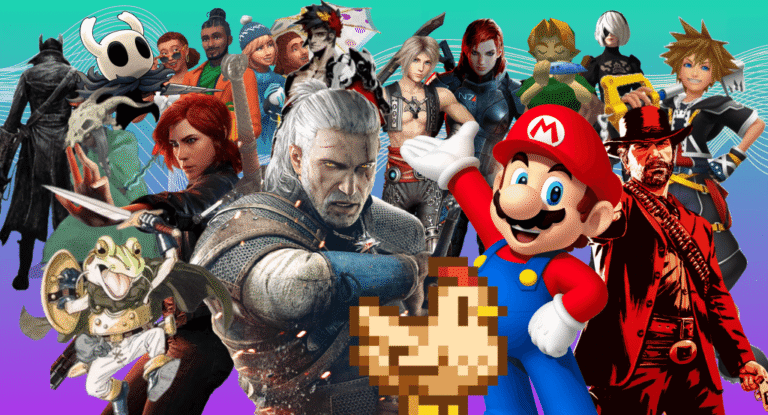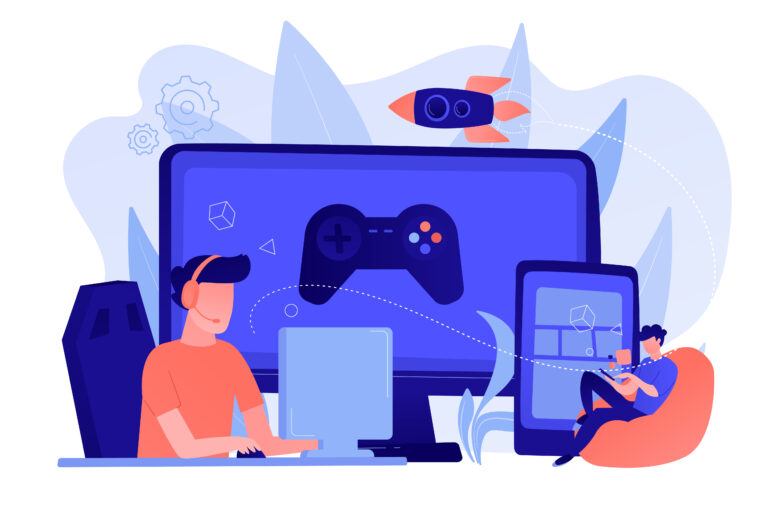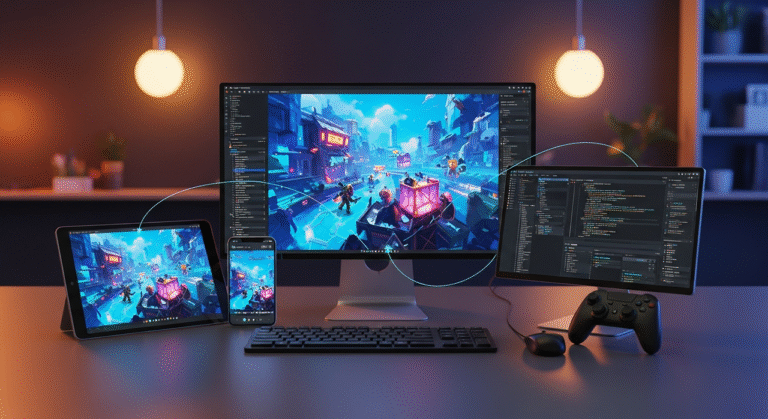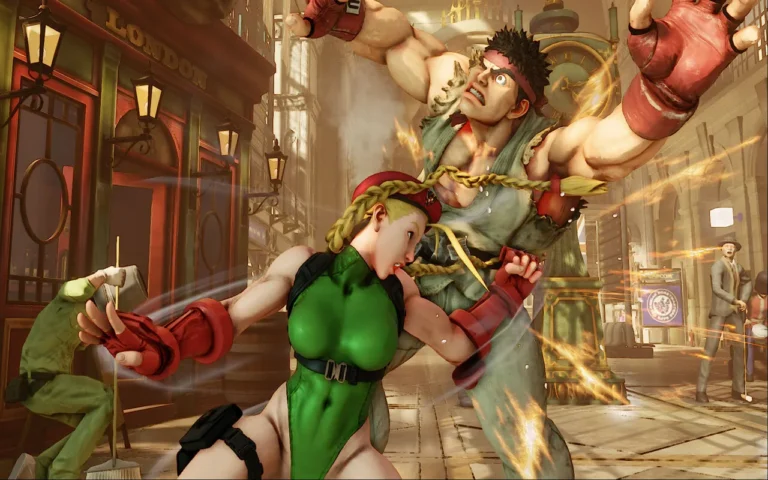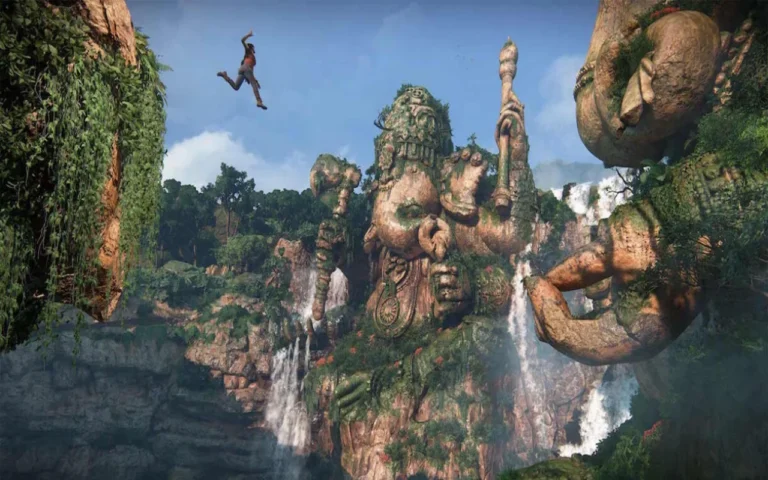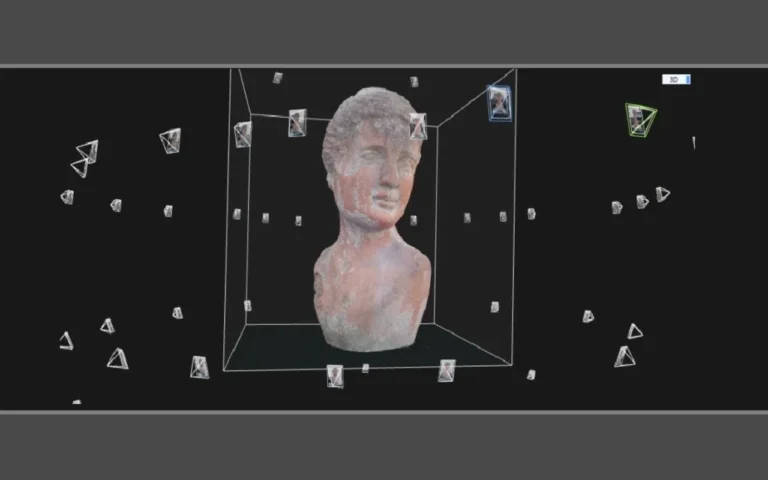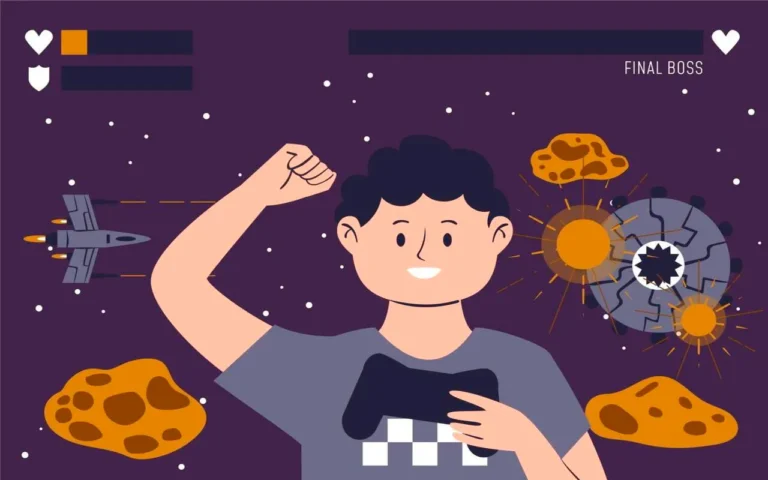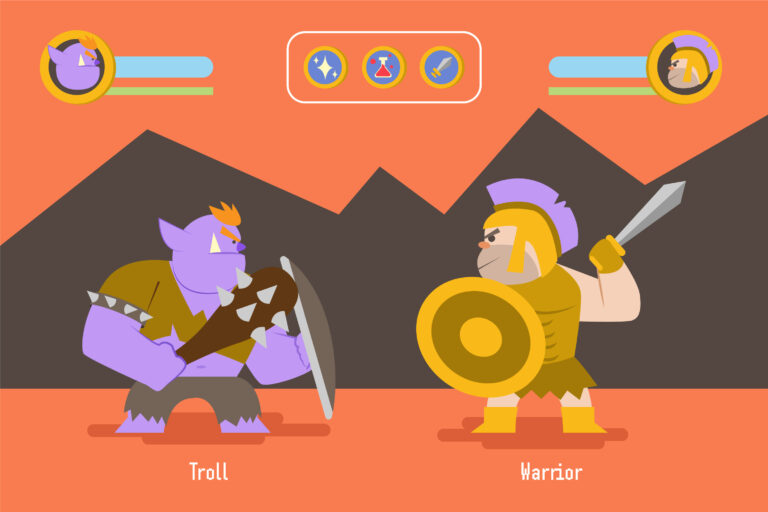The game director is arguably the most critical and influential leader in game development, serving as the ultimate guide for a project’s creative and technical execution. This pivotal role in every game art studio and project strikes a balance between high-level artistic vision and the practicalities of game production.
From managing large AAA games to steering compact indie games, the director makes the key decisions on everything from storytelling and game design to final execution. In this guide, we will break down the responsibilities, required qualifications, and industry comparisons of the video game director job.
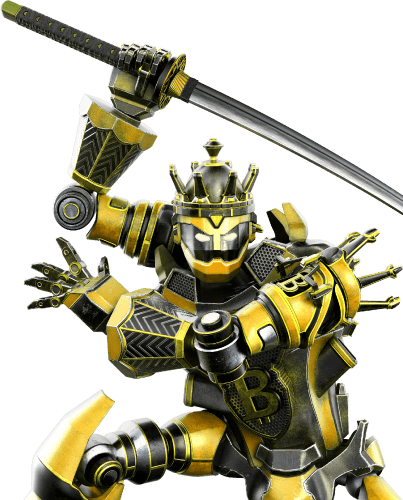

Need Game Art Services?
Visit our Game Art Service page to see how we can help bring your ideas to life!
Who Is a Game Director?
A game director functions as the chief creative and managerial officer, responsible for shaping a video game from its initial concept through to its market release.
They define and maintain the overall creative vision, ensuring that all elements, such as gameplay mechanics, art style, narrative, and user experience, are unified and cohesive.
Unlike specialists who focus on individual features, the director holds the “big picture,” acting as both the primary storyteller and a strategic art direction manager. Their goal is to inspire the entire team while making sure the game’s objectives resonate with both the player base and the publishers.
What Does a Game Director Do? (Job Description)
The game director’s role spans the entire game design pipeline, overseeing everything from initial planning to detailed creative choices.
- Creative Execution: They approve core game design documents, review early prototypes, and make vital decisions that impact gameplay systems, art direction, and narrative structure.
- Production Management: Crucially, they also manage timelines, allocate budgets, and facilitate collaboration between all disciplinary departments.
- Balancing Act: A top-tier director masterfully blends artistic innovation with practical logistics, guaranteeing that the creative vision is delivered as a finished product on time and within scope. Their leadership directly determines a game’s critical and commercial success.
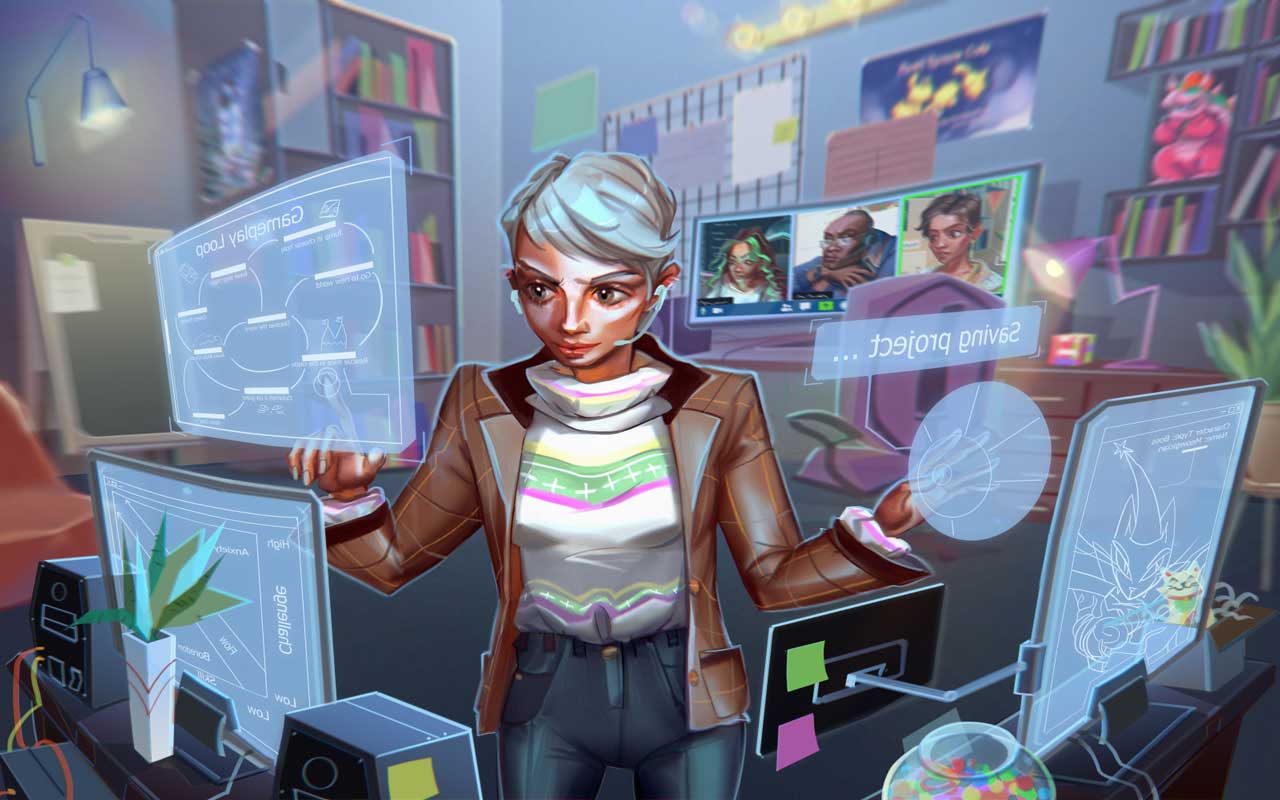
How Do You Define the Role of a Game Director?
The game director’s role is best defined as the “bridge” between the creative ideals and the realities of production. They are fundamentally responsible for unifying the work of programmers, artists, writers, designers, and producers under a single, cohesive, and shared vision.
While other team members are experts in specialized areas, such as coding or scheduling, the director integrates all these disparate elements into a seamless whole.
Defining this role means stating that a director must possess the ability to both dream big and engage in effective daily problem-solving, adapting the vision to real-world constraints while maintaining the project’s fidelity to its initial concept.
How Do You Become a Game Director?
Becoming a game director is a career path that demands years of industry experience and the mastery of creative, technical, and leadership skills. Most directors begin in specialized roles, such as an artist, programmer, or game designer, and gradually advance into positions where they oversee entire teams and projects.
Building expertise across multiple domains, including narrative design, mechanics, and production, is essential for establishing the credibility required for this ultimate leadership position.
While formal education in game design or computer science is helpful, a proven track record of successful, completed projects carries the most weight.
Learning Specialized Skills
Aspiring directors require a comprehensive knowledge base, encompassing proficiency in game design, programming fundamentals, project management, and narrative structures. This broad skill set enables them to communicate effectively with and guide various teams.
Understanding Collaboration
Game directors thrive on their ability to foster productive collaboration among cross-disciplinary teams. Establishing trust and encouraging creativity across various departments is crucial for the project’s success.
Analyzing Games Critically
Regularly playing and dissecting games with a critical eye helps directors identify what truly makes mechanics engaging and stories immersive. This analytical skill sharpens their decision-making process on their own projects.
Managing Smaller Projects
Starting with more minor leadership roles, such as leading a design group or managing a prototype, is vital for building the confidence and practical skills needed to oversee larger, more complex productions.
Mastering Communication
Clear communication with developers, publishers, and various stakeholders ensures that the core project vision is consistently understood and maintained. Miscommunication at this senior level can derail entire projects.
What Is the Working Environment of a Game Director?
Game directors typically operate within fast-paced studio environments, balancing periods of intense creative brainstorming with structured production meetings.
Their day often includes reviewing the latest game builds, meeting with department leads, negotiating with publishers, and providing detailed feedback on art or design.
Depending on the company, they might work in open, collaborative offices or coordinate with global teams remotely. While crunch periods leading up to release can demand long hours, the role is intensely rewarding as directors witness their creative vision materialize into a fully realized game.
What Qualifications Do You Need to Be a Game Director?
While no single, guaranteed path exists, most game directors hold a degree in a relevant field, such as game design or computer science, coupled with years of hands-on, professional experience.
More critical than formal education, studios value proven leadership, genuine creativity, and demonstrable success on shipped titles. Additional specialized training in narrative design, production, or programming offers a decisive advantage.
Being Creative
Directors must consistently generate innovative ideas that push the boundaries of storytelling and gameplay, inspiring their teams to strive for excellence.
Good at Scheduling and Budget
Exceptional organizational skills are required to manage tight deadlines and strict budgets without compromising the creative quality. Financial awareness is just as vital as artistic vision.
Handling Publishers and Marketing
Directors frequently serve as the public face of the project, presenting game builds to publishers and aligning the marketing strategies with the game’s core identity.
Programming
While not always strictly mandatory, a foundational knowledge of programming helps directors communicate effectively with technical teams and make informed, feasible decisions about execution.
How Does a Game Director Compare to Similar Roles?
Within the complexities of game development, leadership titles can often overlap; however, each carries specific and unique responsibilities. Understanding these distinctions clarifies the game director’s central role.
Game Director vs. Producer of a Video Game
Producers focus primarily on logistics, such as schedules, budgets, and resource allocation, while game directors lead the creative vision. The Producer manages the “how” of development (the process), and the director focuses on the “what” and “why” (the content and vision).
Technical Directors vs. Creative Directors of Video Games
Technical directors specialize in resolving complex engineering and performance challenges (e.g., tools, rendering, engine performance). Creative directors focus narrowly on the artistic elements, such as the story, art style, and overall experience.
The game director oversees both of these roles, ensuring a functional balance between technical feasibility and creative ambition.
Game Director vs. Creative Director
While the creative director concentrates solely on the narrative and artistic aspects of the game, the game director has a broader purview, overseeing the entire production. They integrate creative input with technical execution, production schedules, and publisher demands.
Learn more about the differences between game directors and creative directors for a better understanding of both roles.
Final Words
The Game Director’s role is a unique and challenging combination of visionary creativity, technical understanding, and decisive leadership.
They are the singular force responsible for ensuring a game’s design, narrative, and systems coalesce into a successful, cohesive experience, all while skillfully managing teams, budgets, and schedules.
For anyone aspiring to this position, the journey requires mastering multiple disciplines and continually proving your leadership ability over time. If you’re planning a career in game development, studying the comprehensive responsibilities of a director offers invaluable insight into what it truly takes to bring ambitious AAA and indie games to life.
